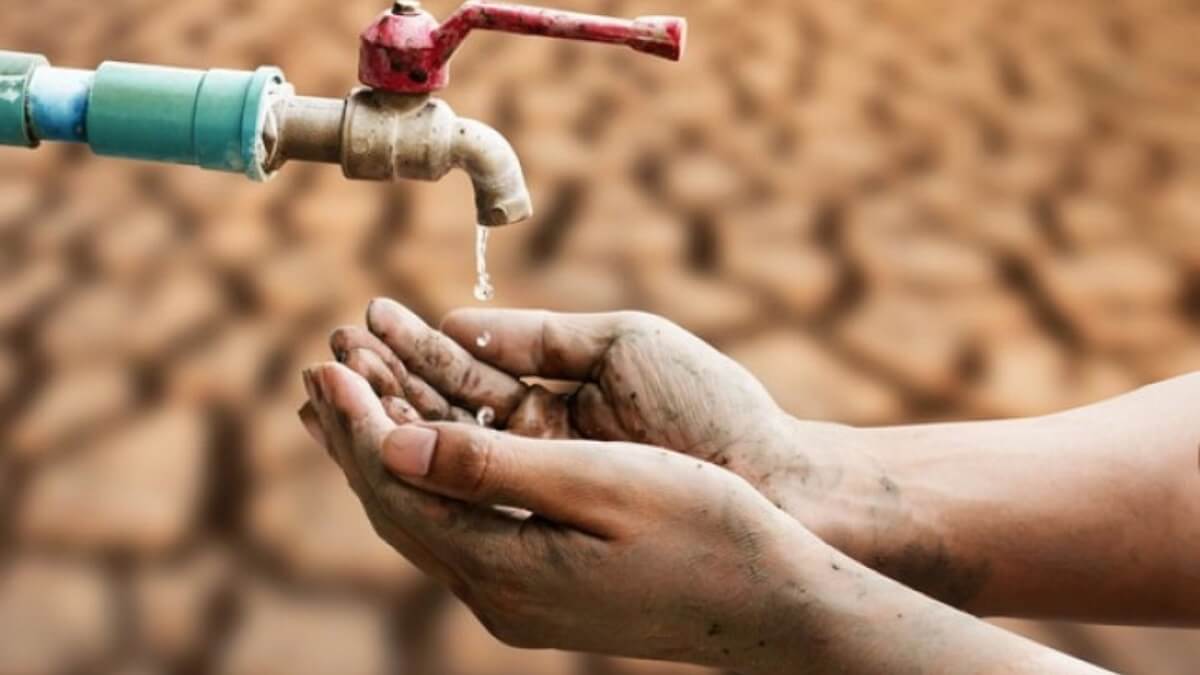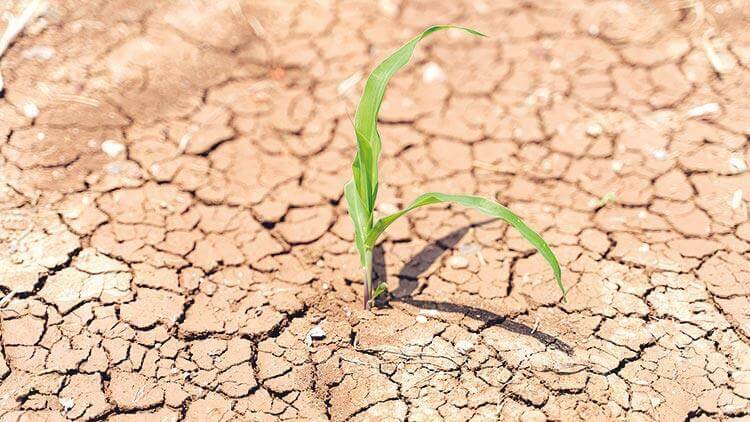Water is vitally important for human being and all living things on the earth. Unfortunately, we think that water is an endless source. Water regenerates, evaporates and this makes us think that water is an endless supply. However, we ignore the fact that ninety- seven percent of the world’s water is see water which is salty and two percent is in glaciers and we are able to use only one percent. That one percent is to be used by people, animals and plants. This makes water extremely precious.
Due to the global warming, drought is becoming one of the most important problems of humankind. According to water.org nearly one million people die every year since they don’t have access to clean water. Individuals and governments must take steps before that danger gets bigger.
As a long-term solution infrastructure in the cities must be. Improved. According to the United Nations, approximately 200 billion cubic meters of water can be saved globally by 2030. In urban areas just by reducing leaks. World Water Council reports that seventy percent of fresh water is used for irrigation and agriculture and twenty percent is used for industry. Therefore, more effective agricultural management techniques must be developed in order to grow more food on less land and with less water. For instance, drip irrigation can be used in agriculture. With this method optimum water delivery for plants can be achieved and water wastage is avoided.

Inequality in access to water is also becoming one of the main conflicts between the countries. In 2013 there were 27 conflicts in the world which were related to water. In 2017 this reached up to 71. Therefore, international cooperation is required to ensure equal access to clean water.
All nations must show more effort to fight against water scarcity. It is a difficult task for the world to secure clean and accessible water for everybody. Improving infrastructure is not sufficient by itself to cope with water scarcity. Human approach to water must also sharply change. Educating people, creating awareness and changing our behaviours can play a big role to reduce this water crisis.

